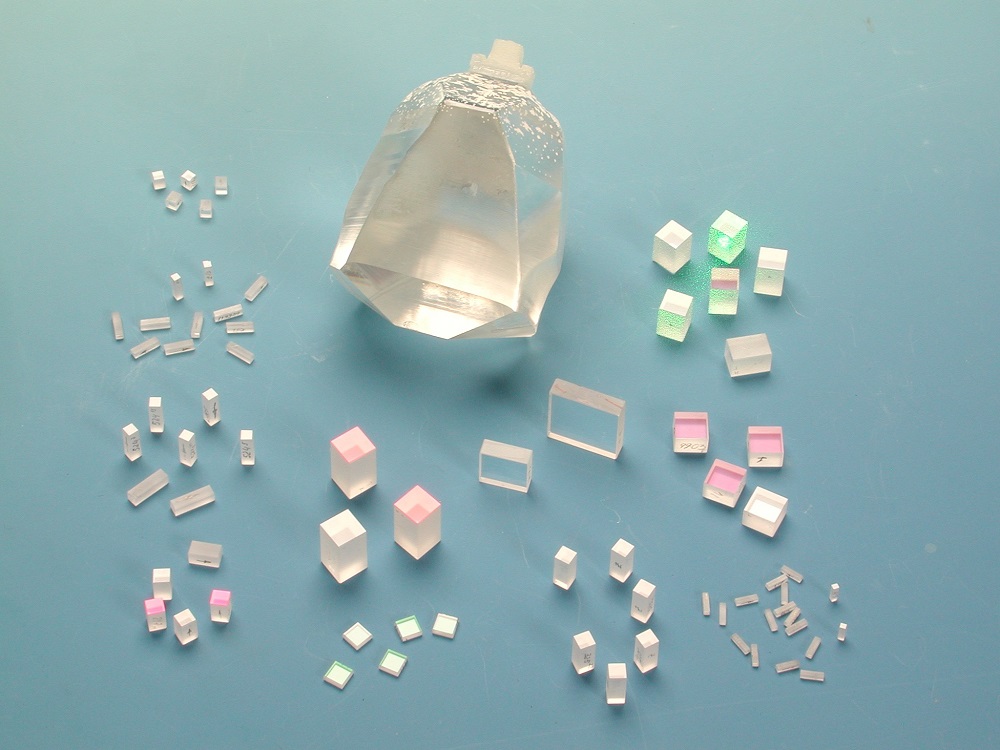
According to reports from Beijing media, from the 5700 Hemudu square wood-structured well to the well-known Xinjiang Karez Well, in ancient China, wells were an important source of daily water for people. Even now, there are still many places where large amounts of groundwater are extracted and used. However, in recent years, the quality of groundwater has gradually cast a shadow on people’s lives. According to data from the Ministry of Land and Resources, among the 4778 monitoring sites in China in 2013, the proportion of poor and very poor water quality was close to 60%.
From the data, the overall situation of groundwater in China is indeed worrying. However, some experts say that the coverage and related indicators of water quality monitoring sites in China are very limited, and the existing data can hardly reflect the true picture of groundwater. So, what is the quality of groundwater in China? How can I really find out?
Ms. Zhang in Henan looked at the muddy water that had just been pumped out of the well and couldn't help but sigh and sigh. Now it's hard to see the kind of clear water that looked at the bottom of the bucket.
Ms. Zhang: It's a bit yellow. The tea that is burned out is a layer on top of it, like butter.
Previously, the Ministry of Environmental Protection, together with the Work Plan for Prevention and Control of Groundwater Pollution in the North China Plain compiled by the Ministry of Homeland, the Ministry of Housing and Urban-Rural Development and the Ministry of Water Resources, pointed out that the presence of cadmium, chromium, and lead in the groundwater of the North China Plain exceeded standards, which also confirmed the people’s complaints about groundwater quality. Not out of nothing. Wang Jian, academician of the Chinese Academy of Engineering and director of the Institute of Water Research of the Chinese Academy of Water Sciences, said that the main causes of groundwater pollution are the contaminated surface water seepage and the discharge of key pollution sources:
Wang Hao: In the past, the pollution of inorganic materials, namely, ammonia nitrogen, ah, nitrates, are all organic, hard-to-degrade toxic and harmful substances that cause distortion. Monitoring shows that there are more than 100 kinds of harmful substances in groundwater in Beijing and Hebei.
The "2013 China Land and Resources Bulletin" issued by the Ministry of Land and Resources shows that the poor and poor quality of groundwater accounted for 59.6%. This data, which is not optimistic, really means that the country's groundwater quality is worrying. ?
Zhang Zuochen, the deputy director of the China Geological Environment Monitoring Institute, said that it is not possible to infer the quality of water in the country based on the point of view, nor can it delineate the use of water to define the quality of water.
Zhang Zuochen: If the monitoring point's control of groundwater in a region is not complete, these data can only describe the data at the point, cannot be networked, and cannot interpret the groundwater conditions in these areas between the points. The point and point situation we need to understand and master the system's basic survey, such as hydrological mapping to solve this problem.
As of the end of 2013, there were about 16,570 groundwater monitoring sites of various types and levels in the country, and the monitored area was about 1.1 million square kilometers. Zhang Zuochen said that these monitoring sites are difficult to reflect the true picture of China’s groundwater.
Zhang Zuochen: The main performance is that there are relatively few groundwater monitoring points at the national level, the level of automation monitoring is not high, and the monitoring capability is relatively low, which cannot meet the requirements of economic and social development.
The prerequisite for the treatment of groundwater is to fully understand the situation of groundwater. The Ministry of Land and Resources and the Ministry of Water Resources have jointly applied to the National Development and Reform Commission for the construction of a national groundwater monitoring project. On July 22, the monitoring project was approved. Zhang Zuochen said that this project will be completed in the next three years.
Zhang Zuochen: This project will establish 10103 national-level groundwater monitoring points. After the completion of the project, it will collect the amount of water and carry out the detection of water bodies, and realize the automatic collection and transmission of data such as water level and water temperature. After the completion of the national groundwater monitoring project, combined with the existing groundwater monitoring station network, a relatively complete national-level groundwater monitoring station network can be formed to achieve effective monitoring of groundwater throughout the country, to provide the community with timely and accurate comprehensive groundwater dynamic information, to meet scientific research And the public's basic needs for groundwater information.
Coupletech Co., Ltd. , https://www.coupletech.com

